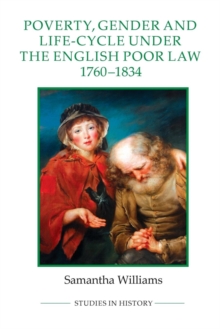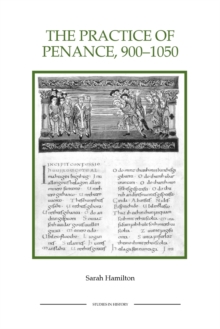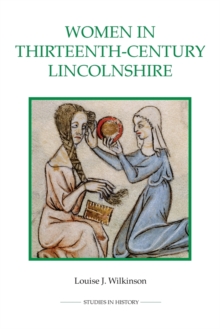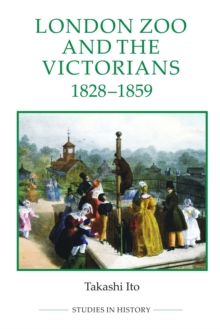
The Royal Touch in Early Modern England : Politics, Medicine and Sin PDF
by Stephen Brogan
Part of the Royal Historical Society Studies in History New Series series
Description
First modern analysis of the custom of the "royal touch" in the Tudor and Stuart reigns.
The royal touch was the religious healing ceremony at which the monarch stroked the sores on the face and necks of people who had scrofula in order to heal them in imitation of Christ. The rite was practised by all the Tudor and Stuart sovereigns apart from William III, reaching its zenith during the Restoration when some 100,000 people were touched by Charles II and James II.
This book, the first devoted to the royal touch for almost a century, integrates political, religious, medical and intellectual history. The custom is analysed from above and below: the royal touch projected monarchical authority, but at the same time the great demand for it created numerous problemsfor those organising the ceremony. The healing rite is situated in the context of a number of early modern debates, including the cessation of miracles and the nature of the body politic. The book also assesses contemporary attitudes towards the royal touch, from belief through ambivalence to scepticism. Drawing on a wide range of primary sources including images, coins, medals, and playing cards, as well as manuscripts and printed texts, it provides animportant new perspective on the evolving relationship between politics, medicine and sin in sixteenth- and seventeenth-century England.
Stephen Brogan is a Visiting Lecturer at Royal Holloway, University of London, where he teaches early modern history.
Information
-
Download - Immediately Available
- Format:PDF
- Pages:285 pages
- Publisher:Boydell & Brewer Ltd
- Publication Date:20/11/2015
- Category:
- ISBN:9781782045106
Other Formats
- Paperback / softback from £20.55
- Hardback from £85.00
Information
-
Download - Immediately Available
- Format:PDF
- Pages:285 pages
- Publisher:Boydell & Brewer Ltd
- Publication Date:20/11/2015
- Category:
- ISBN:9781782045106










